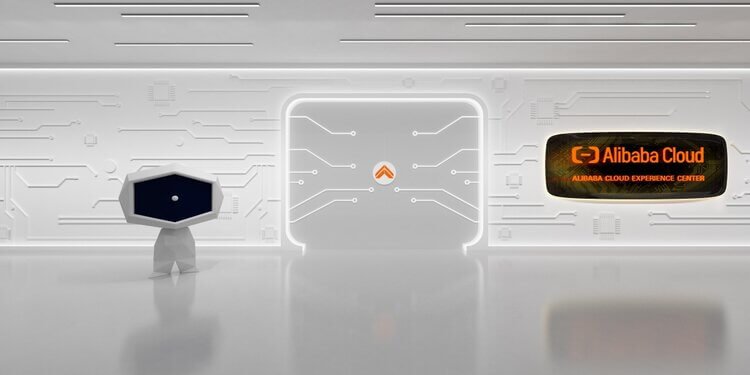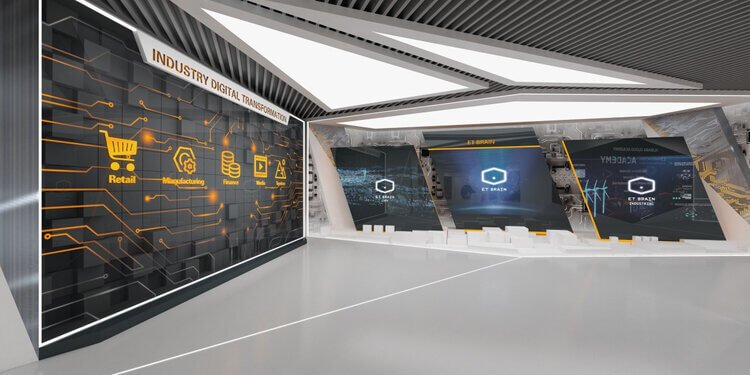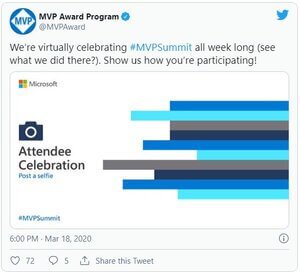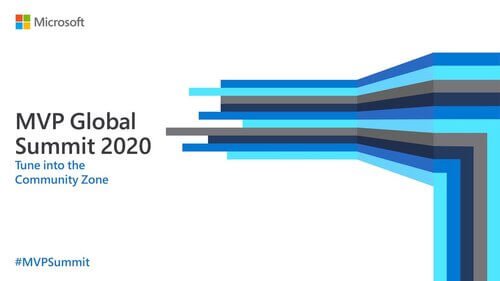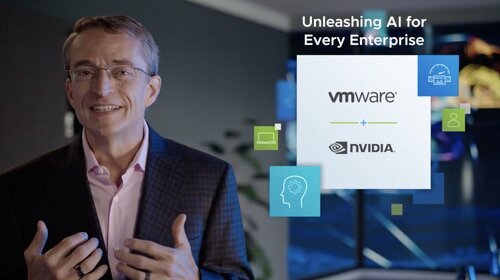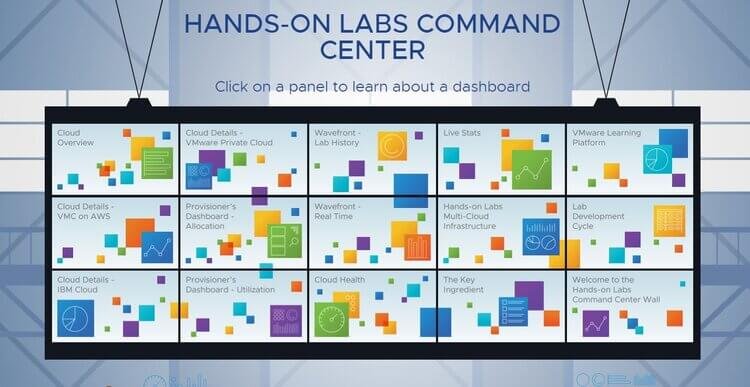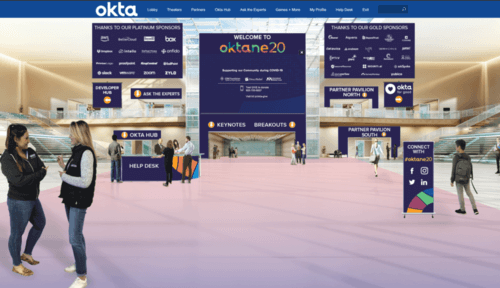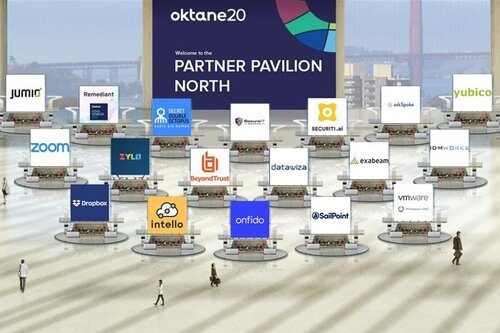4 Tech Brands That Used Virtual Events to Build Their Brand Awareness Strategy
Many brands opted to postpone or cancel events in 2020. From trade shows to new product launches and summits, brands that relied on that in-person connection were stuck on how to connect with their community and build their brand awareness. As virtual events continue to develop, we wanted to highlight and review 4 tech brands that used the virtual space they typically occupy to instead bring an event to life and build their brand awareness and engage with their community in unique ways.
Alibaba Group
Transitioning from an in-person exhibition, Alibaba created a Virtual Brand Experience Center on their Virtuosity platform offering a bit of a unique experience to attendees. The event was planned around a 3D walkthrough of its famous brand experience centres. On the tour, attendees could access six different virtual areas that offered multimedia presentations of Alibaba Cloud corporate history alongside interactive 3D and VR demos of products and services. Attendees were able to view the experience through their web browser or click over into VR mode and view it through a headset, really showing us that a tech brand can adapt to change and connect with their community in a tech environment!
Microsoft
Microsoft adapted to the virtual environment quickly in 2020, running many virtual experiences throughout the year. One event that boosted their brand awareness was their Most Valued Professional (MVP) Summit.
Running for more than two decades now, Microsoft uses the summit as a way of saying "thanks" to their outstanding community leaders. The event is held to acknowledge and reward the contributions Microsoft MVPs make to their community. Wanting to still acknowledge and reward their community members, they produced a virtual event in a 2-week turnaround of cancelling their 4,000 in-person event on the 2nd of March and transitioning to a virtual event by the 16th!
Understanding early on the engagement is key in virtual, Microsoft intertwined many ‘extra-curricular’ engagement activities throughout the summit. These included a community outreach event for the Red Cross called Missing Maps where attendees could volunteer to trace images on satellite maps to help first responders find people in the event of a disaster or crisis, exercise sessions including yoga breaks and a virtual bar that allowed attendees to continue to network outside of workshops and speaker sessions.
The event had a high social media presence, with attendees tweeting constantly about the event activities and learning opportunities they experienced throughout the 4 days.
VMWare
Hoping that a postponement until later in 2020 might have allowed for their VMWorld Conference to occur in person, VMWorld had to make the decision to transition to a global digital experience instead.
But create a global digital experience they did...
VMWare took a different approach to other tech brands by creating a 48hr digital experience that anyone could attend from anywhere around the world, no matter what time zone they were in. They adapted their virtual event by adjusting the live program start times for the EMEA, US and APJ zone’s, running live event content for 48hrs straight! This strategy allowed the event to build a large global presence and brand awareness, but also bring a big sense of community within the virtual event.
With the choice to build your own agenda consisting of 930 sessions over 6 unique learning event tracks, attendees enjoyed technical deep dives, product updates, thought-leadership sessions on what’s next in IT, interactive workshops and breakout sessions and even a pre-recorded performance by John Legend!
Okta
Oktane20 Live is an annual event run by software company Okta, which brings together thousands of IT professionals, product leaders and developers to discuss identity, security and digital transformation. Turning to a virtual event for the first time, their aim was to “leverage the best technology to deliver an innovative, virtual attendee experience”, said Katie Batten, Snr Events Manager for Okta.
The event consisted of over 65 breakout sessions and high profile speakers in the tech world taking part, providing engaging, relevant content to their attendees.
Conscious of engagement and not focusing on a heavy content only styled event, Okta put a lot of thought into the engagement tools they used in order to encourage delegates to join in with the event, offering several tech features. For example, they designed a virtual lobby, which acted as 'home' from which attendees could join the keynotes, breakout sessions, networking chat rooms and even pose questions to the speakers in real-time. Okta went further to add an element of fun into Oktane20 with their 'passport game'. Attendees could earn 'badges' by visiting virtual sponsor booths, attending sessions and joining in the chats. Attendees with the highest score were displayed on leaderboards and were entered into a prize draw
#SpeaktoSleek
Sleek works closely with tech and cloud-based brands to help bring communities together through events, catch up on our latest case studies here. Sleek is ready to talk through your event marketing strategy to develop tailored virtual or in-person events to help build your brand awareness and community around your brand. While the roadmap back to live and in-person events is underway but not confirmed, Sleek can work with you to develop unique experiences that will work in either setting - contact our event team!

